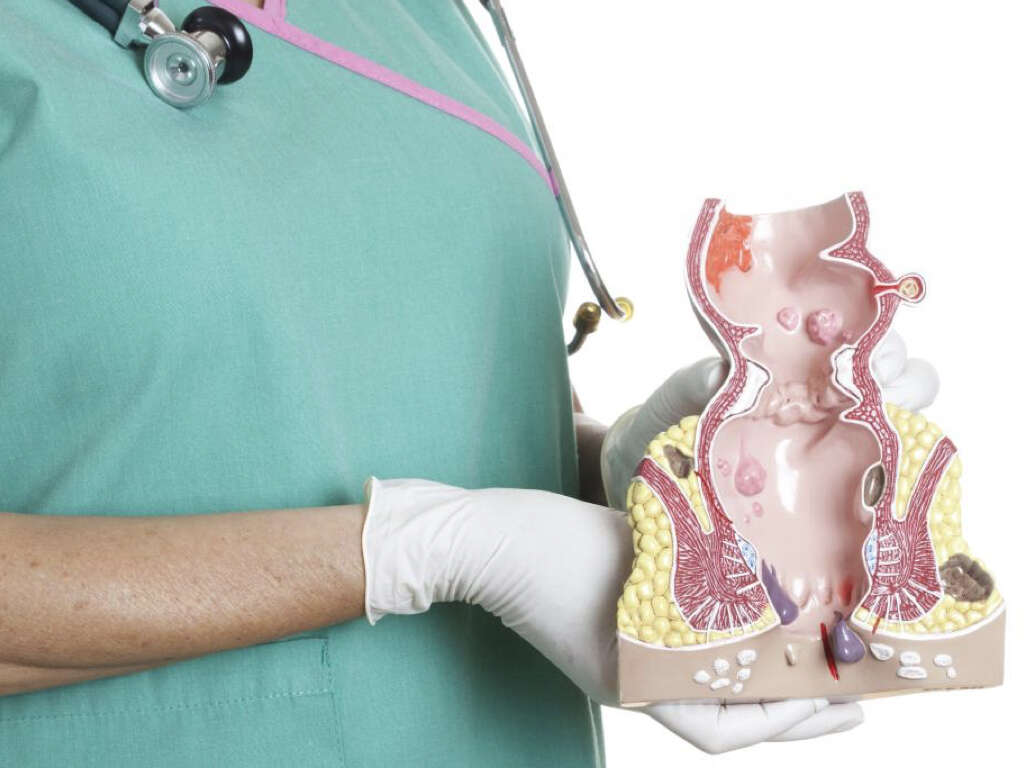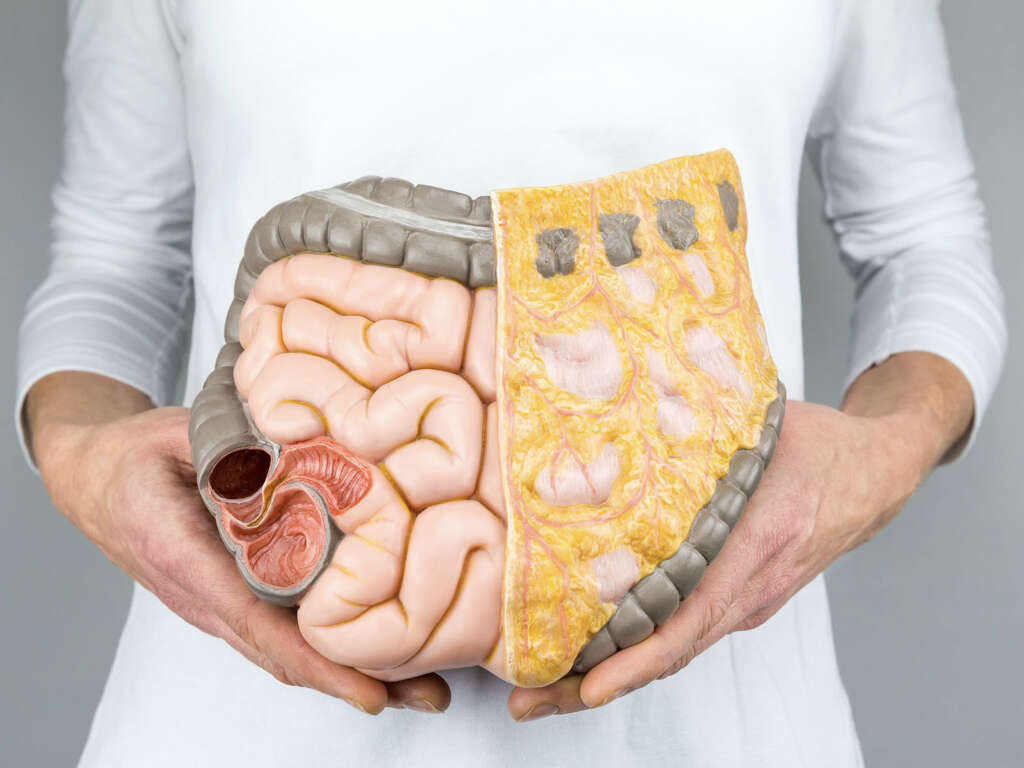10 Rotavirus Symptoms
The rotavirus is so called because of its round appearance when it was first spotted under a microscope. It is the most common cause of diarrhea and most children will have caught it before they reach 5 years old. Worldwide, it is responsible for more than 200,000 deaths across the planet.
Despite these figures, there is usually no need for too much concern among people in the Western world. With modern medicine, care, and plenty of fluids, the virus should not pose a threat. Deaths from the virus generally occur in developing countries where the patient has not had access to enough clean water to drink. Below are 10 symptoms of rotavirus to look out for.
Symptom #1: Fatigue
Fighting an illness like rotavirus is not easy. We might use the help of certain medications, but still, our body will often have quite a battle on its hands.
This battle can be very tiring for the patient, and they may well feel fatigued all of the time. They are likely to just want to rest, although that is likely to be recommended by their doctor anyway.
Symptom #2: Vomiting
If there is something in the body that should not be there, then the body is likely to act to remove it. There are various ways that the body can do this and among the most common, and the most direct, is through vomiting. It is a common symptom of many diseases, including rotavirus.
Rotavirus causes vomiting because the body is trying to empty the stomach of anything that might be harmful to it. Not only is it unpleasant but it can also lead to malnutrition and dehydration if it continues for too long. While it is not usually a problem for most people, those that are vulnerable should be monitored closely.

Symptom #3: Sunken Eyes
Rotavirus affects many children worldwide, causing diarrhea, vomiting, and fever in most patients.
These symptoms can cause any patient to become dehydrated. In children, signs of dehydration include sunken eyes, tearless crying, dry oral mucosa, and tachycardia. Children experiencing these symptoms must be evaluated as soon as possible by healthcare professionals to avoid further complications.
Symptom #4: Watery Stools
Healthy stools should be fairly solid. However, this does not mean that loose stools indicate that you are ill, as the food that we eat can sometimes affect stools anyway. If you do have watery stools consistently for a prolonged period, however, then you may well be unwell.
Watery stools are a fairly common symptom of rotavirus. It is caused because the digestive system is irritated and food is forced through the system faster than usual. This means that less water can be absorbed. It can lead to dehydration and particularly vulnerable people should be monitored closely.

Symptom #5: Rapid Heartbeat
Patients suffering from rotavirus infection, tend to lose fluids very fast. This is due to watery diarrhea, vomiting, and fever that is associated with the condition.
If the fluid intake is not compensating for this loss, dehydration appears. One of the early signs of dehydration is an increased heart rate as the heart tries harder to pump blood into the tissues.
Symptom #6: Increased Bowel Sounds
Our bowels make noises as the content moves through our gastrointestinal (GI) tract and this is perfectly normal. Some conditions may increase the tone of these sounds, making them sound metallic-like.
Other conditions may increase the volume and decrease the time between sounds as well, this is usually the case for rotavirus as the transit in our GI becomes faster.

Symptom #7: Abdominal Pain
If you have a pain in the abdomen area then there is a good chance that you have just eaten something that disagrees with you. This often means spicy food, while a lot of people can also have intolerances to foods like dairy or gluten, which can cause them discomfort.
Sometimes, though, you might experience a pain that tells you it is down to more than indigestion. Rotavirus can cause considerable pain that lets you know that there might be something wrong. If you think that there is something wrong then there probably is, so you should arrange to get it checked out by a medical professional.
Symptom #8: Low-grade Fever
Fevers are caused by our bodies as a defense mechanism against pathogens that might be harmful to us. The body becomes hotter to the point where it is too hot for the pathogen to thrive, slowing it down or even killing it altogether.
A fever is a common symptom in patients that have rotavirus. It is likely to be mild. While a fever is not necessarily dangerous in itself, the patient should be monitored to make sure that dehydration and other complications don’t appear.

Symptom #9: Lethargy
It can be hard to get going at times. There can be days when we just don’t feel like doing anything much and we’d rather just vegetate in front of the TV instead. While it is normal for this to happen from time to time, it is not normal for it to happen often or for extended periods.
If you are feeling lethargic then there is a good chance it’s down to an illness such as rotavirus. You will likely already have other symptoms that let you know you are ill so it will be clear why you are feeling lethargic in this instance. The symptom should pass harmlessly once you have fully recovered from the virus.
Symptom #10: Irritability
Other people can be annoying. They can sometimes be loud or selfish or generally just keep on pestering you. Most of us are able to keep fairly calm and keep our patience, though. However, this can be a lot harder to do sometimes than others.
As with some other illnesses, rotavirus can cause the patient to become quite irritable. It can be particularly difficult with young children that may not understand why they feel that way and are more likely to act on it than try to keep their cool. In adults, it may mean that we just want to try to keep away from other people.









